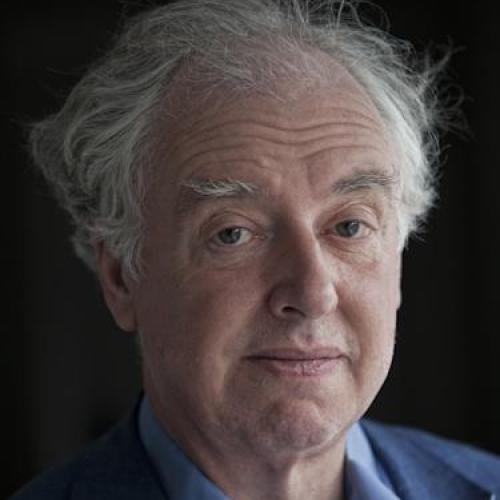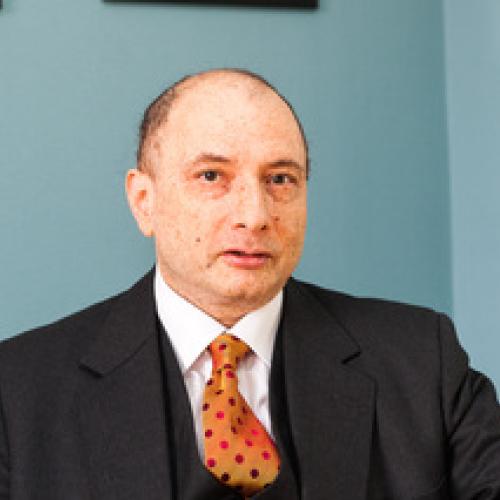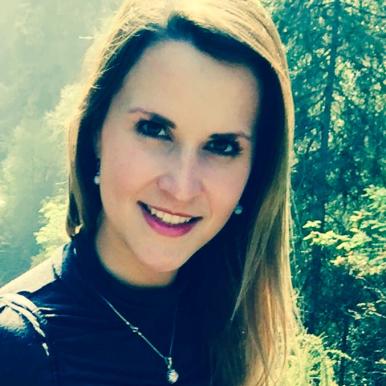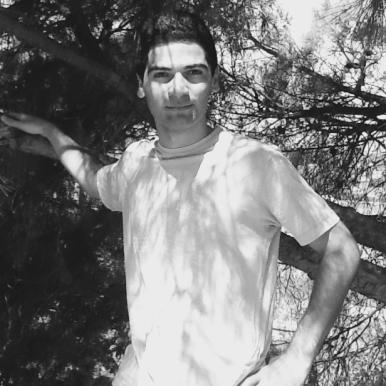Law
- Law at Cambridge Fact File
-
Typical offer: A*AA in A Levels (or equivalent)
Required subjects: none
Typical number of Law undergraduates admitted per year: 5-7
Submitted written work requirements: see our Written Work webpage
Admissions assessment: Pre-registration assessment (LNAT)
- Law at Cambridge
-
Every Law student in Cambridge attends the same lectures, organised by the Faculty of Law in its striking modern building (designed by Lord Foster in 1995) on the University’s Sidgwick Site, which is just 10 minutes’ walk from Corpus. Supervisions on each topic are arranged, usually in groups of two to four students, by the Colleges, with each College sending its Law students to teachers who are specialists in the particular branch of Law concerned. Corpus lawyers, in common with all Cambridge Law students, receive some supervisions in their own College and some in other Colleges. The university’s Squire Law library is only a short distance away from Corpus, in the Law Faculty building. It maintains one of the largest legal collections, both printed and electronic, in the UK.
For additional information about the Tripos syllabus, please consult the Faculty website
- Why study Law at Corpus
-
Law at Corpus has a long and proud history, and an enthusiastic present! Practising Old Members maintain active links with the College through the Nicholas Bacon Law Society, named after the Elizabethan Lord Keeper of the Great Seal – an Old Member of the College in the sixteenth century. This society has a flourishing social programme organized by and for the current students. One very important aspect of links between current and former members of the College has been the establishment of the Corpus Christi Nicholas Bacon Fund as a separate registered charity (no. 1115923) by a group of old Corpus lawyers, led by Sir Terence Etherton. This fund provides law textbooks for all undergraduates and aims to support undergraduate and postgraduate Law students at Corpus who might otherwise have encountered financial difficulties. Current students are invited to apply for awards from the Fund, and many receive funding each year.
Corpus students in particular take an active interest in mooting (competitions that involve the argument of hypothetical cases before mock courts). Each year a College mooting contest is held for first-year law students with the final judged by one of the College’s judicial Old Members. We also have an annual moot against Corpus Christi College, Oxford, sponsored by the barristers’ chambers 7 KBW. The College’s undergraduate library has a dedicated Law reading room. This contains much of the material that an undergraduate will need.
Corpus Old Members include many senior judges and leading practitioners, such as Caroline Flanagan (who runs an organisation on Imposter Syndrome in Law), Lord Hodge (Justice of the UK Supreme Court), Sir Terence Etherton (the Master of the Rolls and Head of Civil Justice), Judge Christopher Vajda (European Court of Justice), Mr Justice Stuart-Smith and Mr Justice Lavender of the High Court (Queen’s Bench Division), and Beatrice Collier (host of the Pupillage Podcast). Honorary Fellows include the retired judges Sir Murray Stuart-Smith and Baroness Butler-Sloss, who was the first female Court of Appeal judge in English history.
- What do we look for in applicants?
-
Law students may come from either an Arts or a Science background: no particular A-Level subjects (or equivalent) are preferred. We welcome students from other educational backgrounds; full information on typical offer levels can be found on the university admissions website. All candidates are required to register for the LNAT (Law National Aptitude Test) which is taken before any interviews.
Want to find our more about what we're looking for? Read this article for prospective applicants written by one of our Directors of Studies, Dr Andrew Sanger.
- Super-curricular resources
-
Law applicants certainly aren't expected to have studied Law at A Level (or equivalent). However, we do look for applicants who have independently explored areas of the subject that particularly interest them. Here are a few ideas of places where you could start:
- Exploring Law FutureLearn Course (designed by Cambridge University Law Faculty members)
- The Lawyer Portal
- The Supreme Court
- Public Law for Everyone
You can also find out more about the Law Tripos at Cambridge from the Cambridge University Law Society's website.





